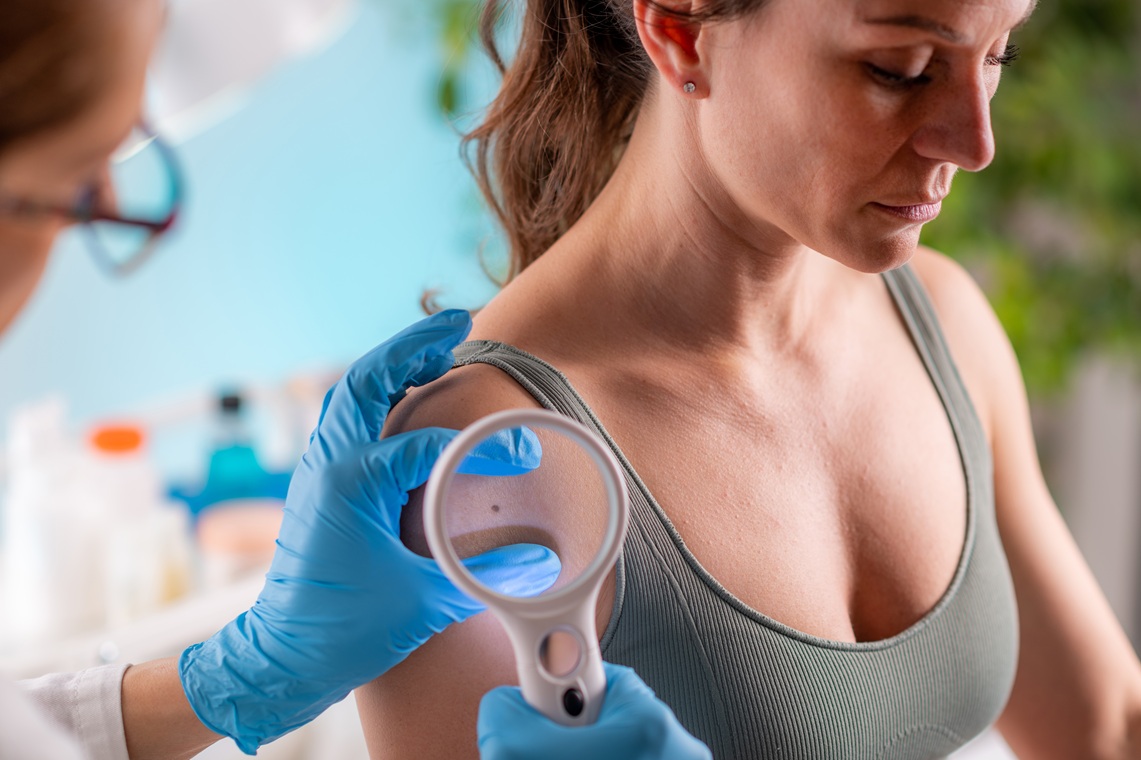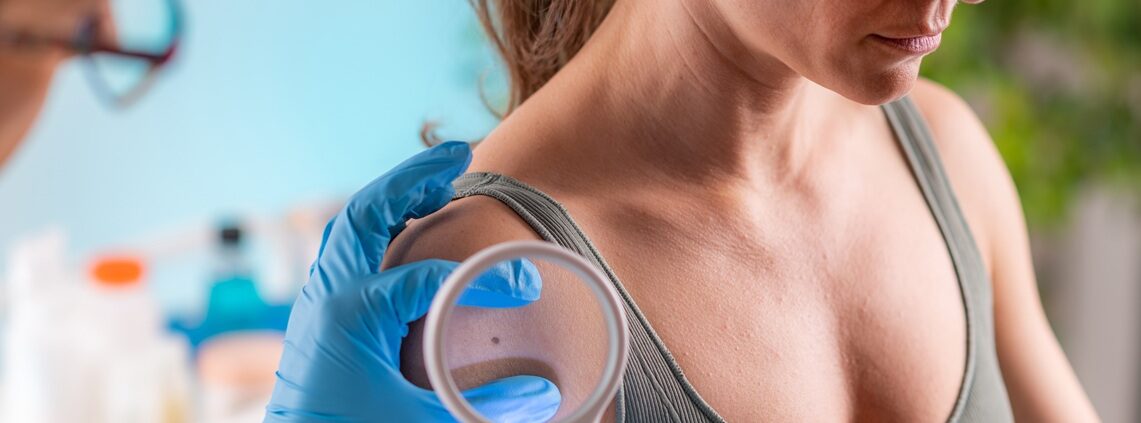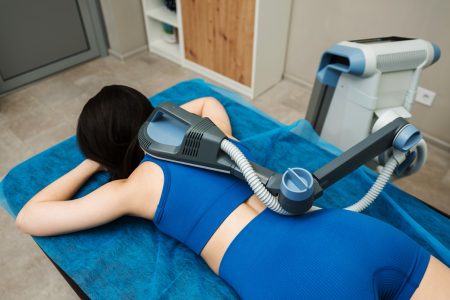The Role of Allergy Immunotherapy in Optimizing Athletic Performance and Recovery

For athletes and active individuals, every element of health matters: respiratory efficiency, sleep quality, inflammation control, and recovery speed all contribute directly to performance. While injuries and conditioning often take center stage, one often-overlooked factor can silently undermine an athlete’s potential: chronic allergies.
Left unmanaged, allergic conditions like allergic rhinitis and asthma can significantly impair oxygen intake, energy levels, sleep, and overall resilience. Fortunately, allergy immunotherapy offers a science-backed, long-term solution that not only alleviates symptoms but also optimizes athletic performance and recovery.
Here’s how it works, and why athletes should consider it part of a complete health strategy.
How Allergies Impact Athletic Performance
Athletes require optimal lung function, sleep, and physical stamina, all of which can be disrupted by untreated allergies. Allergies contribute directly to:
- Reduced respiratory function: Inflammation in the nasal and bronchial airways limits oxygen intake, impairing endurance and stamina.
- Sleep disruption: Congestion, sinus pressure, and nighttime asthma episodes impair restorative sleep, critical for muscle repair and cognitive function.
- Increased systemic inflammation: Ongoing immune system activation places stress on the body, which may hinder recovery and tissue healing.
- Fatigue and decreased cognitive sharpness: Chronic allergic symptoms can lead to brain fog, slower reaction times, and decreased focus, essential factors in both competitive and recreational sports.
Even mild allergic symptoms can subtly sap performance over time, making allergy management vital for maintaining peak physical output.
Conventional Allergy Management: Limitations for Athletes
Most traditional allergy treatments, such as oral antihistamines, nasal corticosteroids, and decongestants, focus primarily on suppressing symptoms, not addressing the underlying cause.
These approaches carry specific downsides for athletes:
- Sedating effects: First-generation antihistamines can impair reaction time, coordination, and endurance.
- Short-lived relief: Medications must be taken continuously, with symptoms often returning when doses are missed.
- Compromised hydration: Certain medications, like decongestants, may contribute to dehydration, detrimental for athletes training in demanding environments.
In contrast, allergy immunotherapy offers a path to modify the immune response itself, reducing or eliminating symptoms over the long term.
How Allergy Immunotherapy Works
Allergy immunotherapy works by retraining the immune system to tolerate allergens rather than overreact to them. There are two primary delivery methods:
- Subcutaneous Immunotherapy (SCIT): Involves injections administered at a medical office, usually weekly during the build-up phase and monthly during maintenance.
- Sublingual Immunotherapy (SLIT): Involves placing drops or tablets containing allergen extracts under the tongue daily, usually at home.
H3 – What Happens Inside the Body?
At the core of immunotherapy’s success is immune modulation. During allergic reactions, the immune system produces Immunoglobulin E (IgE) antibodies that trigger inflammation. Immunotherapy gradually shifts the immune response away from IgE production and promotes the generation of Immunoglobulin G4 (IgG4) antibodies instead. IgG4 antibodies act as “blocking antibodies,” preventing allergens from activating inflammatory pathways.
Over time, this shift leads to a decrease in inflammation, less hypersensitivity, and a measurable clinical improvement in allergy symptoms. This rebalancing of the immune system can have profound benefits, particularly for athletes whose respiratory and systemic health are critical for performance.
Benefits of Immunotherapy for Athletes and Active Adults
When allergies are controlled at the immune system level, athletes can experience several key performance and recovery advantages:
Improved Respiratory Efficiency
By reducing nasal and bronchial congestion, allergy immunotherapy improves overall airflow and oxygen intake—two factors critical for athletic performance. Better oxygen delivery to muscles enhances endurance, stamina, and aerobic capacity, allowing athletes to perform longer and recover more effectively between training sessions.
Restored Sleep Quality
Allergy symptoms often worsen at night, disrupting deep sleep cycles that are essential for recovery. Immunotherapy helps minimize nighttime congestion and inflammation, allowing athletes to achieve deeper, more restorative sleep. Improved sleep quality supports muscle repair, hormonal regulation, cognitive sharpness, and overall physical resilience.
Reduced Systemic Inflammation
Chronic allergic inflammation taxes the body’s recovery systems, increasing the risk of prolonged healing times and secondary injuries. By addressing the underlying immune response, allergy immunotherapy helps lower systemic inflammation, promoting faster healing of soft tissue injuries, reduced post-exercise soreness, and better long-term musculoskeletal health.
Decreased Reliance on Symptom-Control Medications
With immunotherapy reducing the need for daily antihistamines, decongestants, and other symptom-management medications, athletes can minimize the side effects associated with these drugs, such as sedation, dehydration, and slowed reflexes. This medication-free performance edge can be especially important during competition and training periods.
Long-Term Performance Optimization
Unlike temporary symptom-relieving treatments, allergy immunotherapy builds lasting immune tolerance. Many patients experience durable relief even after completing their therapy program. For athletes, this means years of improved respiratory function, better sleep, and stronger overall recovery, supporting performance longevity across their careers and active lifestyles.
Considerations Before Starting Immunotherapy
While the benefits of immunotherapy are significant, proper planning and patient commitment are essential for achieving optimal results. Athletes considering immunotherapy should work closely with both their allergist and sports medicine providers. Key considerations include:
- Comprehensive Allergy Testing: Athletes should undergo formal skin-prick or blood testing to accurately identify allergen sensitivities before starting treatment.
- Consistency Matters: Success with immunotherapy requires strict adherence to the treatment schedule, whether that means daily dosing for SLIT or weekly clinic visits for SCIT
- Monitoring: Regular follow-up appointments allow allergists to safely adjust doses and monitor clinical progress over time.
- Timing: Ideally, athletes should initiate immunotherapy during the off-season or periods of lower competition intensity to allow the immune system time to adapt without compromising performance.
Allergy Care as Part of Total Athletic Optimization
Chronic allergies are far more than a seasonal annoyance. They are a persistent, often underestimated barrier to peak respiratory efficiency, endurance, recovery, and overall athletic performance.
For athletes and active individuals striving for optimal outcomes, allergy immunotherapy offers a science-driven, proactive solution that goes beyond symptom management to fundamentally recalibrate immune function. By addressing the underlying allergic response, immunotherapy enhances oxygen utilization, reduces systemic inflammation, and restores the high-quality sleep essential for recovery and cognitive sharpness.
Incorporating allergy care into a comprehensive performance and wellness strategy empowers athletes to unlock higher energy levels, faster recovery times, and greater long-term resilience, both on and off the field.
Athletes serious about maximizing their physical potential should consider consulting a board-certified specialist to determine whether allergy immunotherapy could be a critical component of their performance optimization plan.









Leave a Reply
Want to join the discussion?Feel free to contribute!